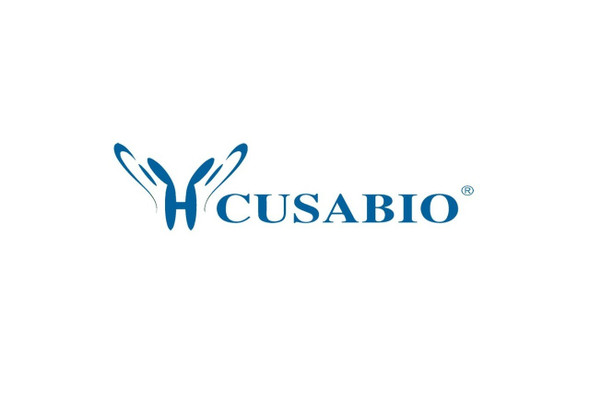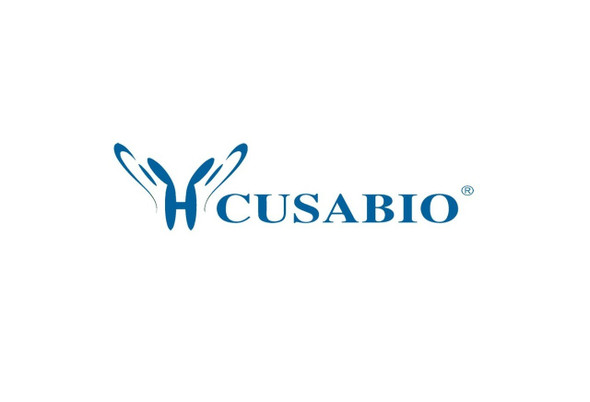Cusabio Polyclonal Antibodies
TMOD3 Antibody | CSB-PA873694ESR1HU
- SKU:
- CSB-PA873694ESR1HU
- Availability:
- 3 to 7 Working Days
Description
TMOD3 Antibody | CSB-PA873694ESR1HU | Cusabio
TMOD3 Antibody is Available at Gentaur Genprice with the fastest delivery.
Online Order Payment is possible or send quotation to info@gentaur.com.
Product Type: Polyclonal Antibody
Target Names: TMOD3
Aliases: Tropomodulin-3 (Ubiquitous tropomodulin) (U-Tmod), TMOD3
Background: Blocks the elongation and depolymerization of the actin filaments at the pointed end. The Tmod/TM complex contributes to the formation of the short actin protofilament, which in turn defines the geometry of the membrane skeleton (By similarity) .
Isotype: IgG
Conjugate: Non-conjugated
Clonality: Polyclonal
Uniport ID: Q9NYL9
Host Species: Rabbit
Species Reactivity: Human
Immunogen: Recombinant Human Tropomodulin-3 protein (1-352AA)
Immunogen Species: Human
Applications: ELISA, WB, IHC
Tested Applications: ELISA, WB, IHC; Recommended dilution: WB:1:500-1:2000, IHC:1:20-1:200
Purification Method: Antigen Affinity Purified
Dilution Ratio1: ELISA:1:2000-1:10000
Dilution Ratio2: WB:1:500-1:2000
Dilution Ratio3: IHC:1:20-1:200
Dilution Ratio4:
Dilution Ratio5:
Dilution Ratio6:
Buffer: PBS with 0.02% sodium azide, 50% glycerol, pH7.3.
Form: Liquid
Storage: Upon receipt, store at -20°C or -80°C. Avoid repeated freeze.
Initial Research Areas: Signal Transduction
Research Areas: Signal transduction














